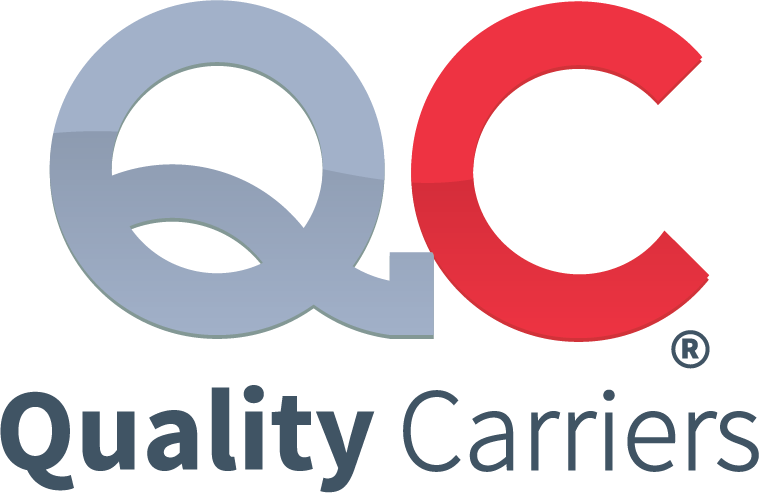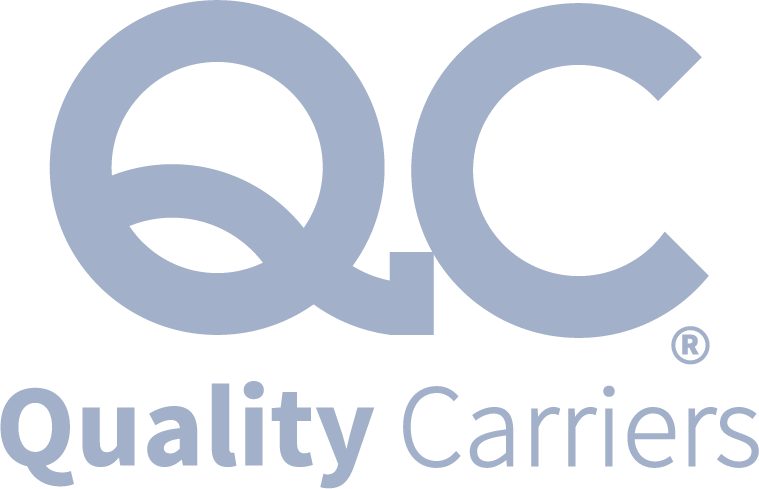In the trucking industry, “independent contractor” and “owner operator” are often used interchangeably, leading to confusion about their actual meanings and roles. While both involve a level of independence and self-employment, there are distinct differences between these two classifications. This blog will explore and clarify the disparities between an independent contractor and an owner operator in the trucking industry.
What is an Independent Contractor?
An independent contractor is an individual or business entity that provides services to clients or companies on a contractual basis. Unlike an employee, an independent contractor is self-employed and operates as a separate business entity. They are hired to perform specific tasks or projects under the terms of a contract or agreement. Independent contractors have more control and autonomy over how they deliver their services, including the freedom to set their own working hours, rates, and work completion methods. They are responsible for managing their business affairs, including taxes, insurance, and expenses related to their work.

What is an Owner Operator?
An owner operator is a self-employed truck driver who owns and operates their own trucking business. Unlike being an employee or an independent contractor, an owner operator takes on the role of both the driver and the business owner. They own the truck or fleet they operate and are responsible for all aspects of their business, including acquiring clients, negotiating rates, managing contracts, and handling administrative tasks. Owner operators have more control over their operations and can make decisions regarding routes, schedules, and business strategies. They bear the financial responsibilities of their business, such as truck payments, insurance, fuel, maintenance, and other operating expenses. By running their own owner operator trucking business, they have the potential for higher earnings but also face additional responsibilities and risks compared to an employee or independent contractor.
Independent Contractor vs. Owner Operator
Independent contractors and owner operators are two distinct classifications of self-employed professionals in the trucking industry. Let’s delve into the key differences between independent contractors and owner operators within the trucking industry:
Business Structure
Independent Contractor: An independent contractor is a self-employed individual who works on a contract basis for clients or companies. They are hired to provide specific services and operate under a contractual agreement, but they do not own the truck or equipment they use for transportation.
Owner Operator: On the other hand, an owner operator is a self-employed truck driver who also owns the truck or fleet they operate. They run their own trucking business and may lease their equipment to other drivers without personally operating it.
Financial Responsibility
Independent Contractor: Independent contractors are typically paid a predetermined service fee or rate. They are responsible for managing their taxes, insurance, and expenses related to their work. The client or company hiring them does not bear these financial responsibilities.
Owner Operator: As owner operators own and operate their trucks, they take on additional financial responsibilities. They are responsible for truck payments, insurance, fuel, maintenance, and other operational costs. However, they also have the potential to earn higher income as they have greater control over their business and revenue streams.
Control and Autonomy
Independent Contractor: Independent contractors work under the direction and control of the client or company that contracts their services. They need more autonomy in choosing their assignments, rates, and work schedules, as the hiring party often determines these aspects.
Owner Operator: Owner operators enjoy more control and autonomy in their trucking operations. They are free to choose their clients, negotiate rates, determine their routes and schedules, and make business decisions that impact their operations.
Equipment Ownership
Independent Contractor: Typically, an independent contractor uses equipment provided by the client or company they work for. They do not own the equipment they use.
Owner Operator: An owner operator owns the truck or fleet they operate. They are responsible for acquiring, maintaining, and operating their equipment.

Business Management
Independent Contractor: Independent contractors focus primarily on delivering the contracted services specified in their agreements. They are not responsible for managing the broader aspects of a trucking business, such as client acquisition or equipment maintenance.
Owner Operator: As owner operators run their trucking businesses, they must handle various managerial tasks. This includes securing clients, managing contracts, maintaining equipment, and overseeing the administrative aspects of their operations.
Conclusion
Understanding the distinctions between independent contractors and owner operators in the trucking industry is essential for individuals considering these career paths. Each classification offers a unique set of advantages and responsibilities. By evaluating their goals, preferences, and financial considerations, aspiring professionals can make informed decisions about whether to operate as independent contractors or become owner operators in pursuing a successful and rewarding trucking career.
FAQs
The earnings of independent contractors and owner operators can vary based on several factors, such as experience, negotiated rates, and the work volume. Generally, owner operators have the potential to earn higher income due to the additional financial responsibilities they bear and the ability to negotiate rates directly with clients.
From a legal standpoint, independent contractors and owner operators are considered self-employed individuals. However, specific legal requirements, such as tax obligations and business registration, may vary depending on the jurisdiction and local regulations. It’s important to consult with legal and tax professionals to ensure compliance with applicable laws.
Insurance requirements may differ for independent contractors and owner operators. Independent contractors may be covered under the client’s or company’s insurance policies, while owner operators typically need to secure their commercial truck insurance to cover liability, cargo, and physical damage.
Independent contractors and owner operators can provide a wide range of services within the trucking industry, including hauling various types of cargo. However, certain specialized services or specialized equipment may require additional certifications or endorsements, such as hazardous materials (Hazmat) or tanker endorsements, depending on the specific regulations and requirements of the jurisdiction.
Yes, independent contractors can transition to becoming owner operators in the trucking industry. Many independent contractors invest in their trucks or fleet and expand their operations to have more control over their business and potentially earn higher profits. The transition typically involves:
Acquiring the necessary equipment.
Securing financing or leasing options.
Managing the additional responsibilities of running a trucking business.









